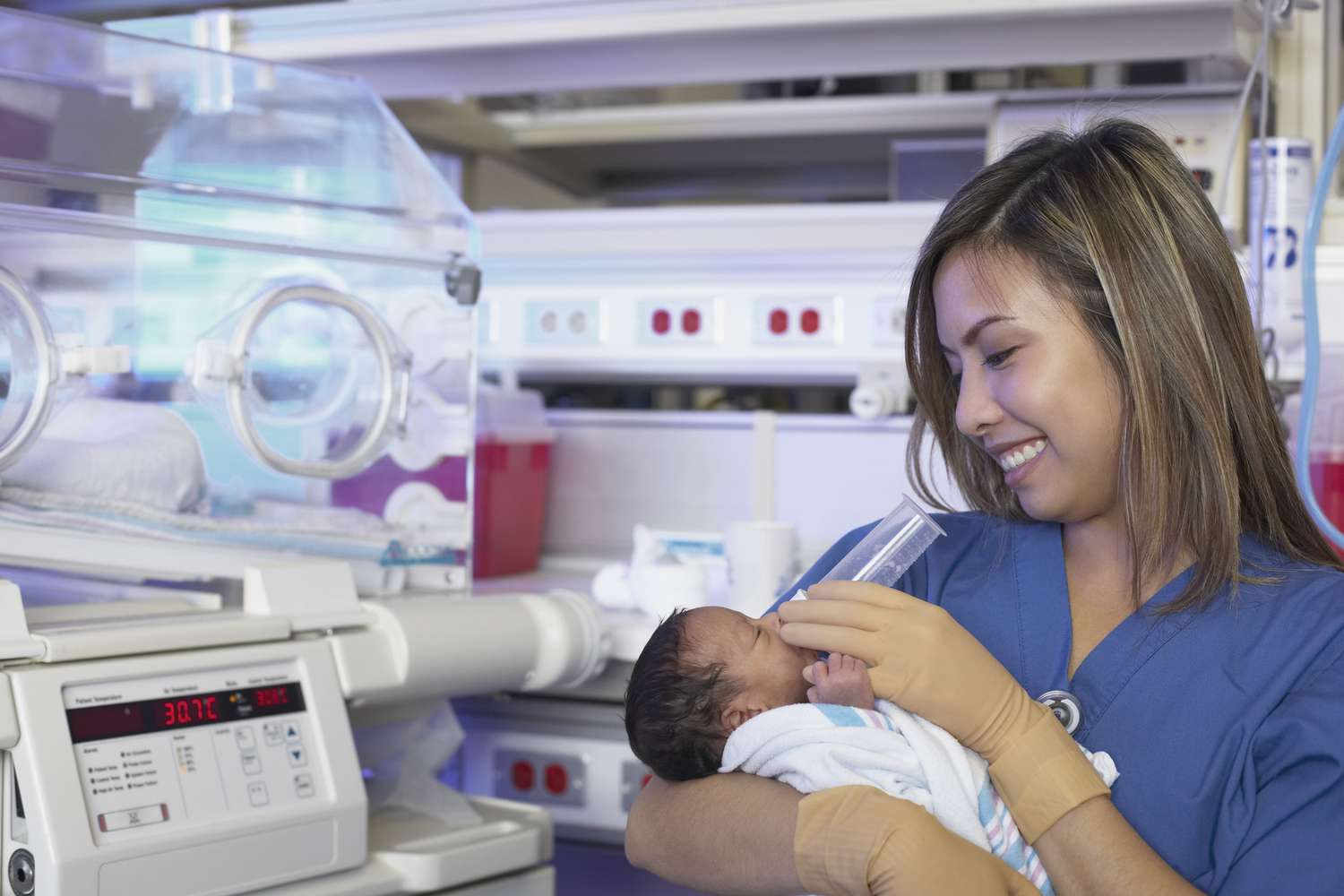Neonatal care refers to the specialized medical care provided to newborn infants, particularly those who are premature, have low birth weights, or are experiencing medical complications. To ensure that infants receive appropriate care based on their needs, neonatal care is categorized into different levels. Understanding these levels is essential for healthcare providers, parents, and caregivers alike.
Level I: Basic Care
Level I neonatal care facilities provide basic care for healthy newborns who do not require intensive medical intervention. These facilities typically include well-baby nurseries where infants receive routine assessments, feeding support, and monitoring for signs of any potential health issues. Level I care is suitable for infants born at full term without complications and for those with mild conditions that can be managed without specialized equipment or expertise.
Level II: Special Care Nursery
Level II neonatal care facilities offer specialized care for infants who require a higher level of monitoring and support than what is available in a Level I nursery. These facilities are equipped to provide care for infants born prematurely, with mild to moderate respiratory distress, jaundice, or feeding difficulties. Level II nurseries may have specialized equipment such as incubators, phototherapy lights, and respiratory support devices to manage these conditions effectively.
Level III: Neonatal Intensive Care Unit (NICU)
Level III neonatal care facilities, also known as Neonatal Intensive Care Units (NICUs), provide the highest level of specialized care for critically ill or premature infants. These units are equipped to handle complex medical conditions, including severe respiratory distress syndrome, neurological disorders, congenital abnormalities, and extremely low birth weight infants. NICUs have advanced medical technology, including ventilators, cardiac monitors, and neonatal surgery capabilities, along with a multidisciplinary team of neonatologists, nurses, respiratory therapists, and other specialists to provide comprehensive care around the clock.
Level IV: Regional NICU
Some healthcare facilities have Level IV neonatal care capabilities, which are regional referral centers that offer the highest level of neonatal care available. These facilities provide advanced medical and surgical interventions for the most critically ill newborns, including those requiring complex surgeries or specialized treatments not available at lower-level NICUs. Level IV NICUs serve as hubs for neonatal care in their respective regions, often collaborating with other healthcare institutions to provide the best possible outcomes for infants with the most severe medical conditions.
In summary, the levels of neonatal care encompass a spectrum of services ranging from basic care for healthy newborns to highly specialized intensive care for critically ill or premature infants. Understanding these levels helps ensure that infants receive appropriate care based on their individual needs, ultimately improving outcomes and promoting the health and well-being of newborns and their families.







